The only cultural center in the United States that represents Luxembourg culture and truly depicts the complex history of Luxembourg migration is located in Belgium, Wisconsin. The museum is housed in the Mamer-Hansen stone barn, built in 1872 by Jacob Mamer and remaining the last surviving Luxembourgish stone barn in Wisconsin. The museum illustrates the past and present of Luxembourgian immigration to America. The Dooley Wagner Research Center, part of the museum, is the largest research center studying Luxembourg genealogy outside of Luxembourg. It not only has old letters and diaries of former residents that have been found, but also frequently receives newly found family trees to add to its archives.
Fortunately, the student’s trip coincided with the 175th anniversary of St Nicholas Catholic Church in Dacada, Wisconsin. When the first group of Luxembourg immigrants settled in this area after 1840, the families established the very first church in Sheboygan County. The cold stone church reflected the typical architecture the immigrants were accustomed to, and today features beautiful stained-glass windows with the names of the many Luxembourgish families.
On their journey to learn more about the history of their homeland, the students attended Mass and later met many enthusiastic people who were happy to share their stories and those of their families – and how they are connected to Luxembourg.
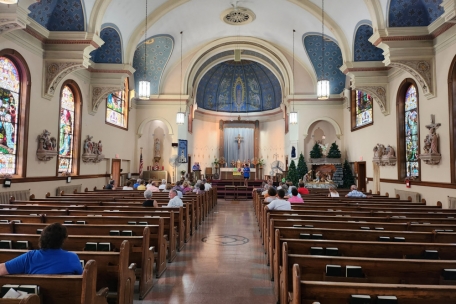
„More excited about Luxembourg“
Those interviewed shared how their ancestors emigrated to America centuries ago, how they brought
small parts of Luxembourg to the United States, and how more and more young people are becoming
interested in the country’s history, the history of their families and the history behind their origins.
Some of the interviewees had already visited the homeland of their ancestors and reported on their
experiences. They noted that the population of Luxembourg is not very interested in the history of their
country. „You are Americans, you are more excited about Luxembourg than we are“, Kevin Wester, who
works as a consultant, is often told by Luxembourgish people. Not only does he help people reclaim their
Luxembourg heritage by guiding them through the process of obtaining Luxembourg citizenship, but he
also owns a tour company called „Luxembourg adventures with Kevin Wester“ where he opens people’s
horizons by showing them Luxembourg and explaining its diverse history and origins. „Maybe it is
because we left and are longing for home, and they’ve always been at home“, is the only plausible
answer Kevin can give to the puzzle of Luxembourgers’ lack of interest and pride in their heritage and
roots.
People show that they are proud of their Luxembourgish roots by not only showing off their „Dual
Citizenship”-T-Shirts with the Luxembourgish flag on their chest, but also taking any chance they can get
to explain the story of their last name and proudly put it on display using name tags or even printing
out customized shirts for their family members. „It is really nice to be able to celebrate our
Luxembourgish heritage here in Wisconsin“, was what Bob Sinnen, a retired teacher, said after finding
out that the interviewers were part of the infamous group of exchange students from his great-grandfather’s home country. Kevin even went as far as to say: „I don’t know a thing about anything else,
except Luxembourg“, to really showcase how fascinated and amazed he is by not only Luxembourg’s
history but also its culture, the architecture and Luxembourg as a country.
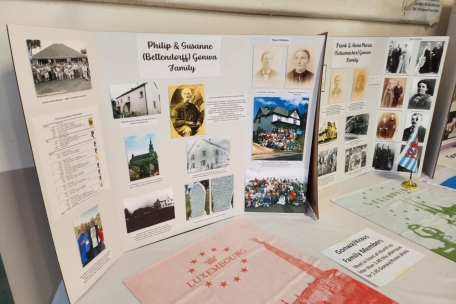
Thrilled
Many may think that Luxembourg barely has significant connections to the United States, but one day in Belgium or Dakota, Wisconsin will prove everyone wrong. When people first think of Luxembourg’s association with America, the brotherhood will probably be one of only a few things to come to their minds. For the residents of, let’s say Belgium or Dakota, it is completely different. They connect through their heritage and form deep and long-lasting bonds. They will gladly recite their ancestors’ stories of Luxembourg or announce that they grew up eating traditional Luxembourgish food, such as „Kniddelen“, to which some refer as „dumplings“, or „Träipen“. Louise M. Feider was thrilled when she heard that the „Träipen“ they had at their gathering tasted just like the ones you can find in Luxembourg. She went on to say that some of the food and traditions „travelled“ with their ancestors.
While everyone takes great pride in their families’ origins, a lot of them have not actually been to
Luxembourg yet. When asked what they expect of Luxembourg and its lifestyle, the answers were
always the same: a slower pace of life. In America, it is common for people to walk in and out of
restaurants fast, whereas in Luxembourg, people make going out for dinner a whole experience.
As a matter of fact, everything turns into an experience in Luxembourg. Going grocery-shopping can often
take up the whole day, since everyone takes their time studying the different aisles and comparing the
same products from different brands to see which one appeals to them more. In Luxembourg, people
take time to gain experience and interact with each other, despite their busy schedules and demanding
jobs.
The Luxembourg-Americans were thrilled to find out that there was in fact a Luxembourgish school
class at the celebration, which gave them the chance to not only exchange their stories but also learn
more about their origins, the development of the country, its culture, agriculture and the way of and
pace of life. That way they were able to connect to their ancestors on a different level than they were
previously able to. Some would ask about a specific dish they loved, such as „Bouneschlupp“ or „Judd mat
Gaardebounen“, whereas others would show the pictures they took of their ancestors’ house and ask
the students if they had seen it before. Even the people with no direct connection to Luxembourg through
family or travel were more than eager to ask profound and specific questions about Luxembourg as a
country and the people that built and founded Dakota, Wisconsin, what they consider their hometown, from nothing.
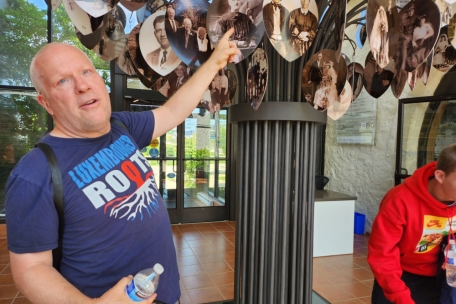
Waves of joy
They see Luxembourg through the eyes of their ancestors who were „fortunate enough to see the glory of the country with their own eyes“, says Bob Sinnen, who visited Luxembourg many years ago and is now filled with pride when telling people about his children’s new-found interest in their lineage. He was radiating waves of joy upon realizing that, while Luxembourg has obviously gone through numerous changes since the last time he visited, the foundation is still intact, according to him. He remembers Luxembourg to be a place of joy where you’re not only able to enjoy yourself, even with a busy schedule, but also have the opportunity to always learn something new wherever you go, due to the widely spread-out historical buildings and ancient remains.
They were overjoyed to hear of the prospect of being interviewed by students from Luxembourg and the upcoming publication in a Luxembourgish newspaper. Some even said that through this small interaction, a small piece of them will always be in Luxembourg, even if they may never get the chance to visit and experience life in the Grand-Duchy.
One can hardly find this type of reaction in Luxembourg. They know a history that is not taught in school, one that you cannot find in the most popular books on Luxembourg. Even when talking to the elders, Luxembourg’s migration hardly comes up, but why is that? „Sometimes I think Luxembourgish people sort of take for granted the great quality of life and culture they have”, says Kevin Wester, who was shocked after hearing that the standard way of living in Luxembourg is rather normalized, which means that people often do not stop to appreciate how fortunate they are. Not only because of the well-kept historical architecture, but also because of the numerous options for a good education.
Read more about the relationship between the immigrant’s descendants and their home country in one of our next issues.
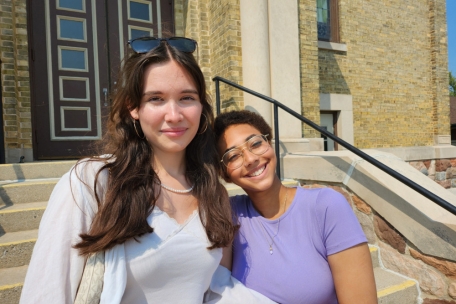

 Zu Demaart
Zu Demaart
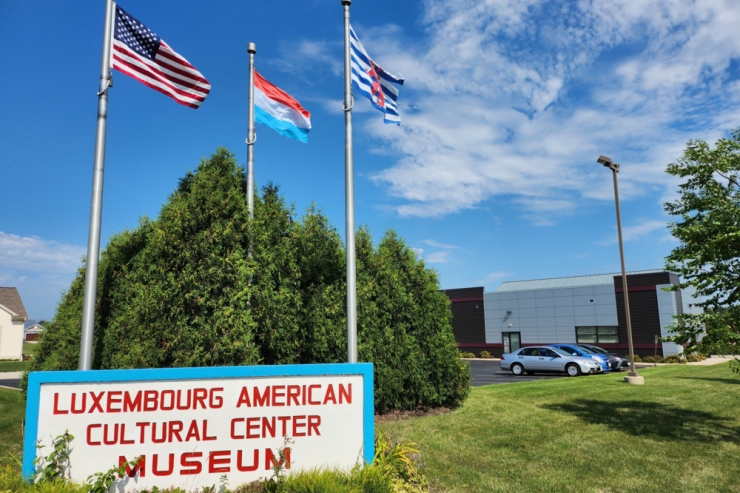
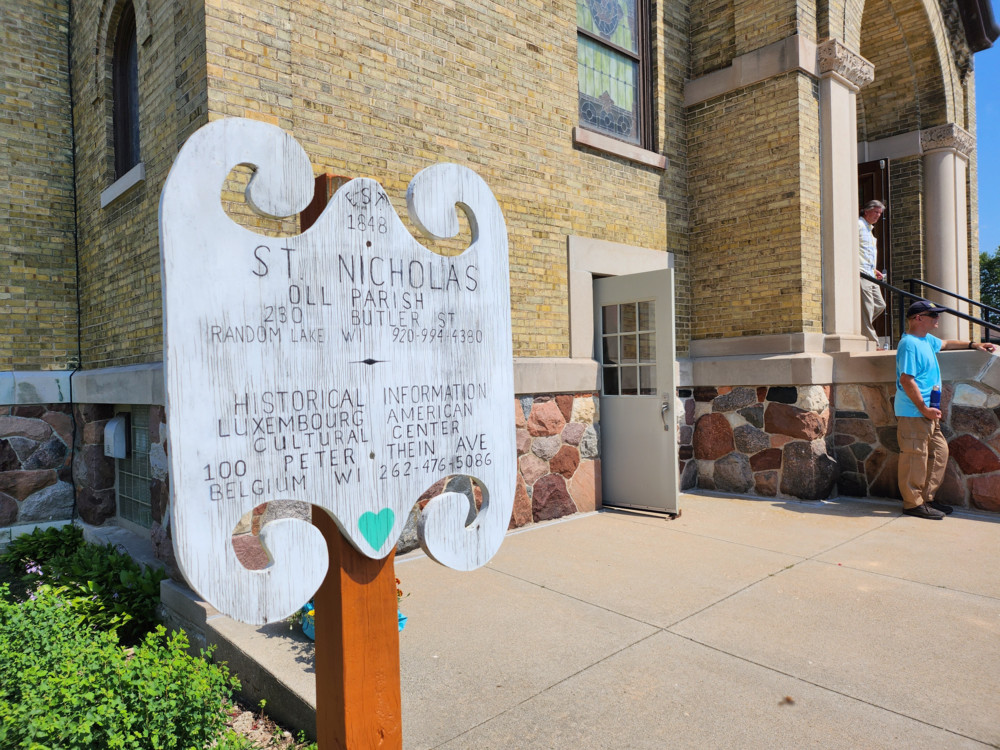
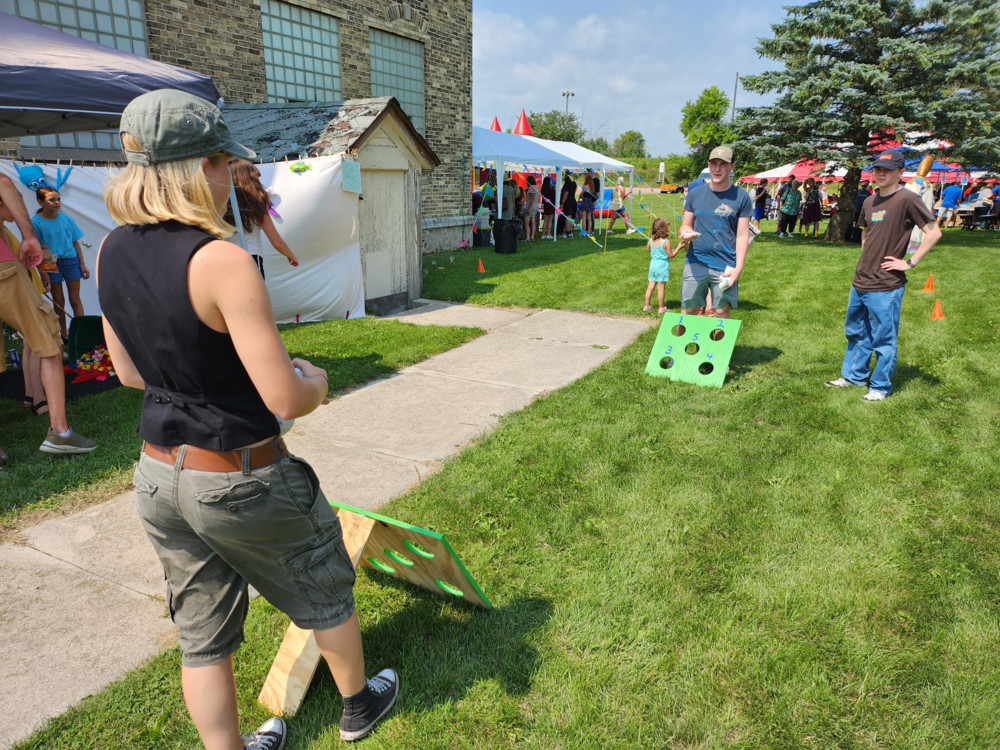
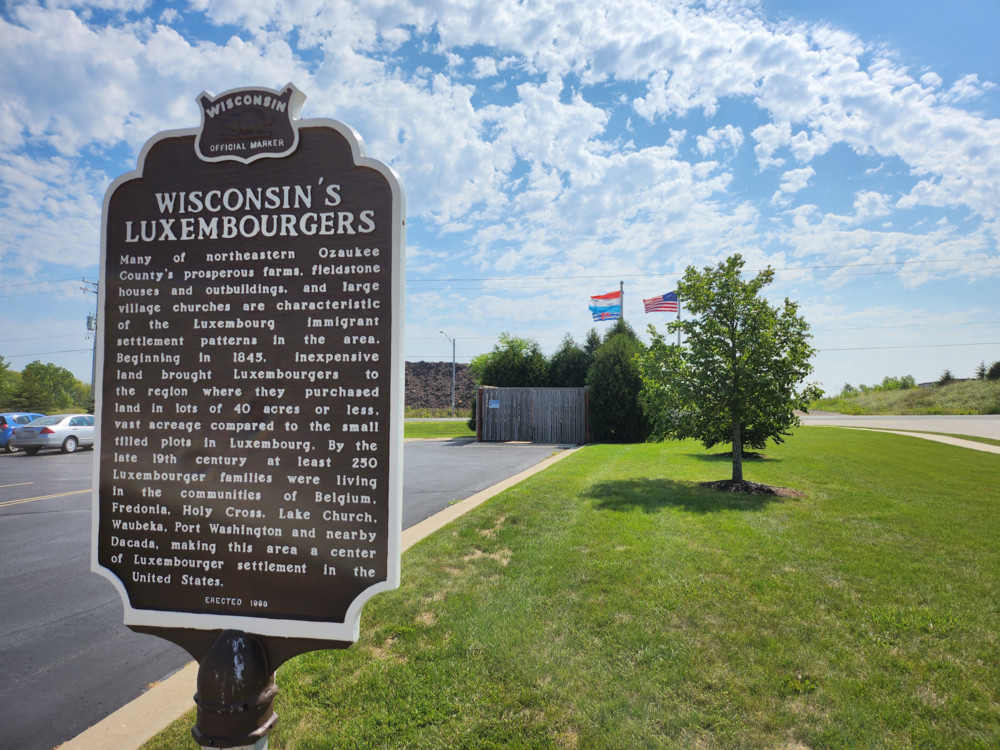
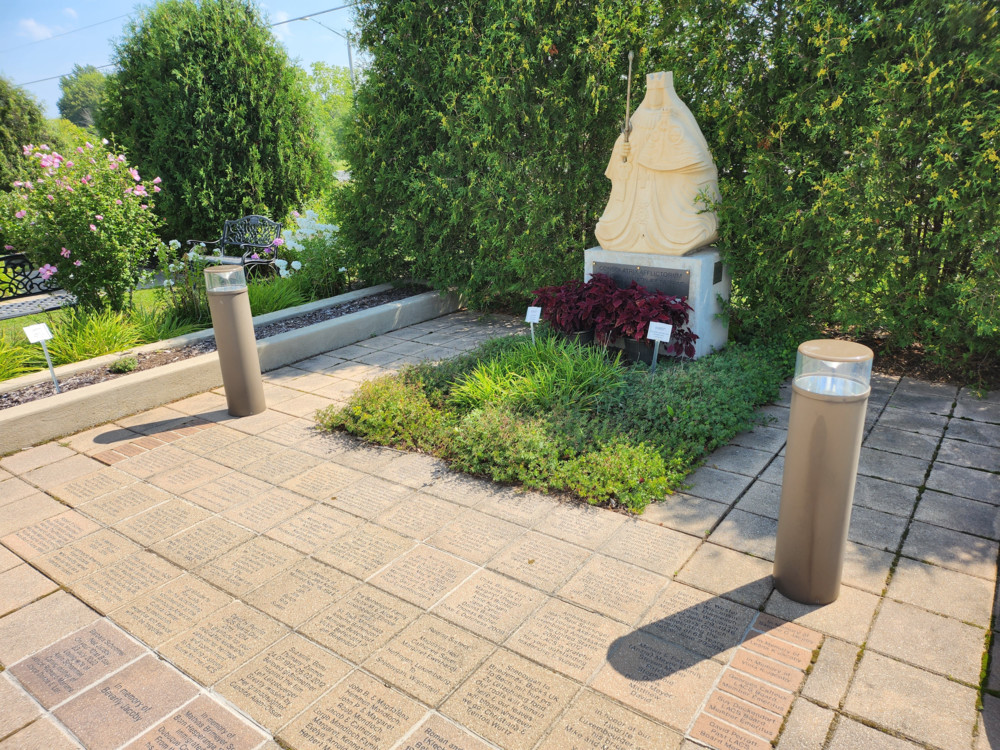
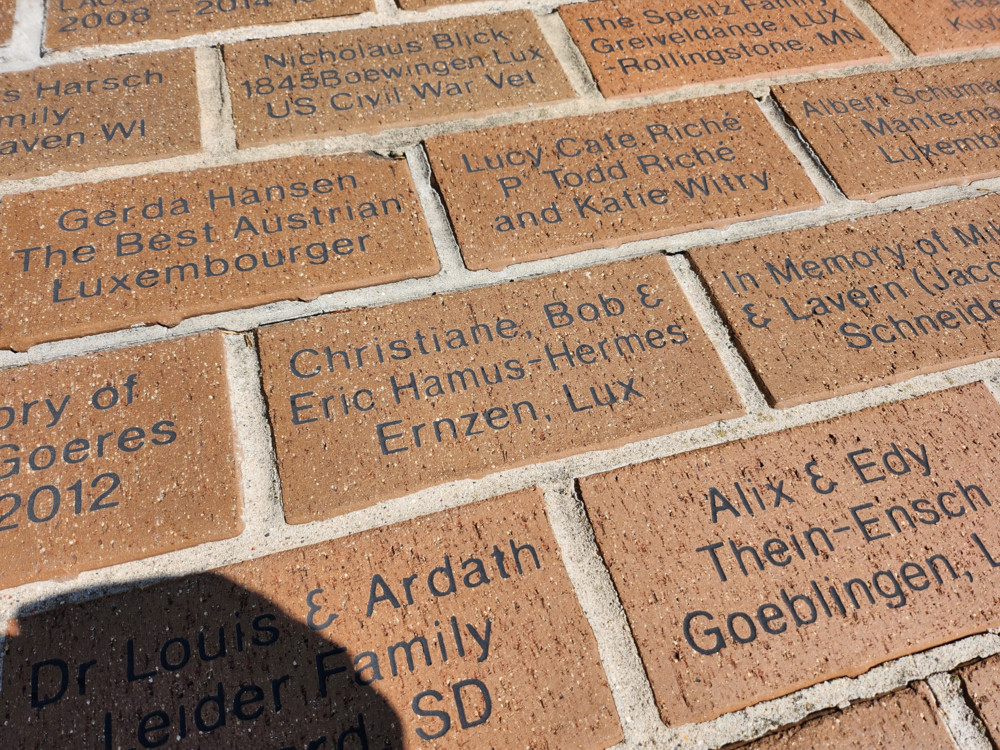
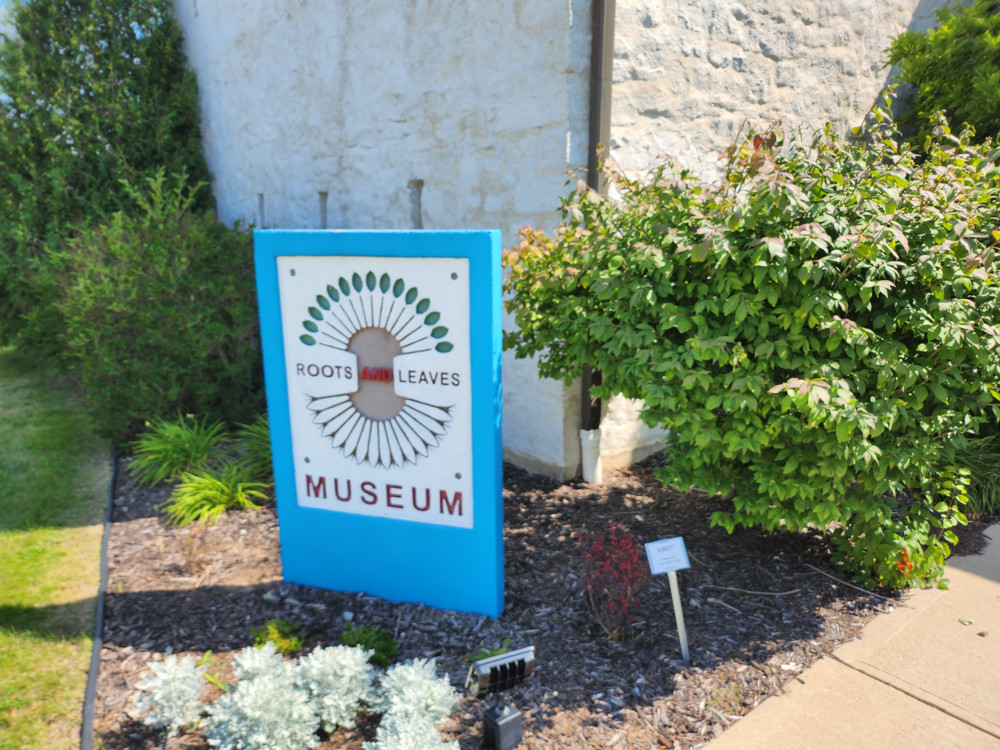
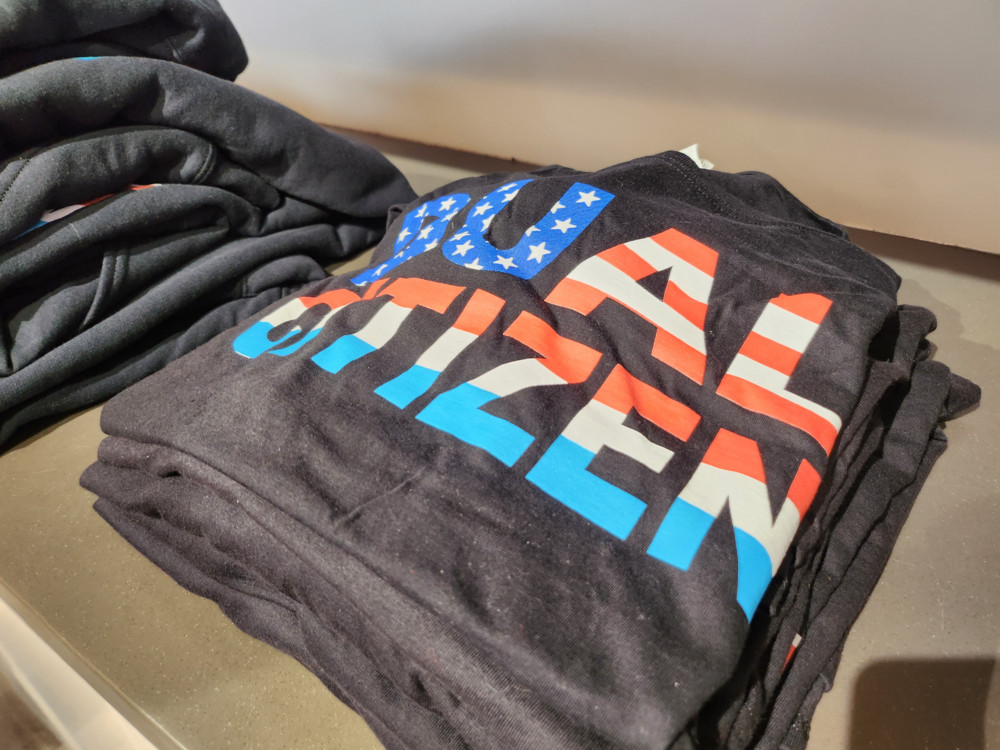
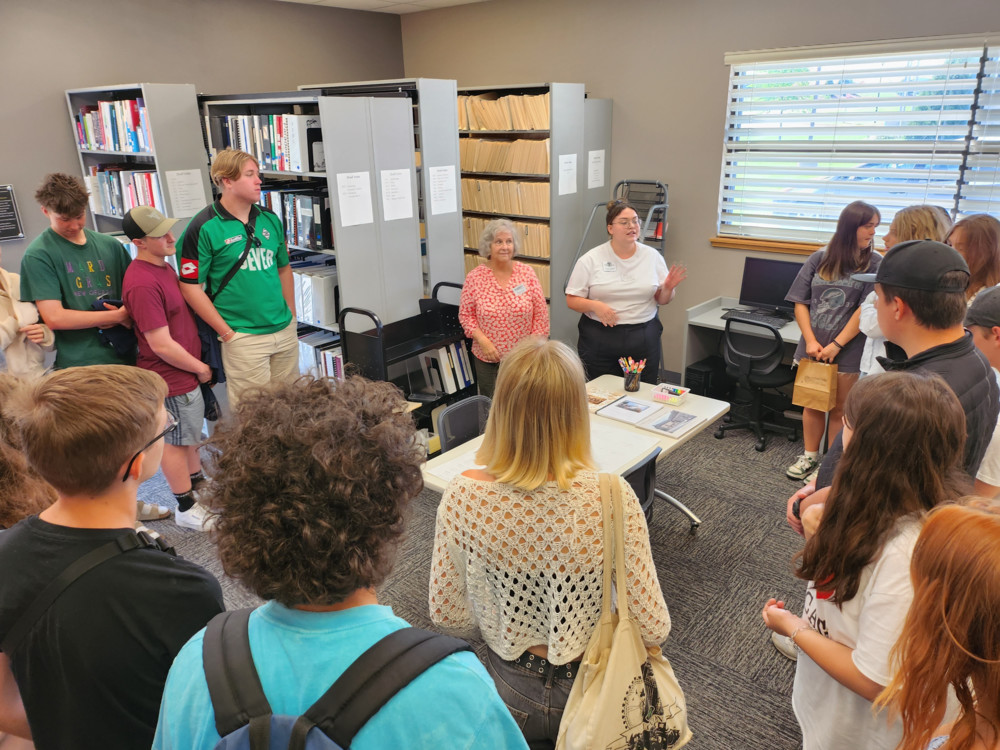
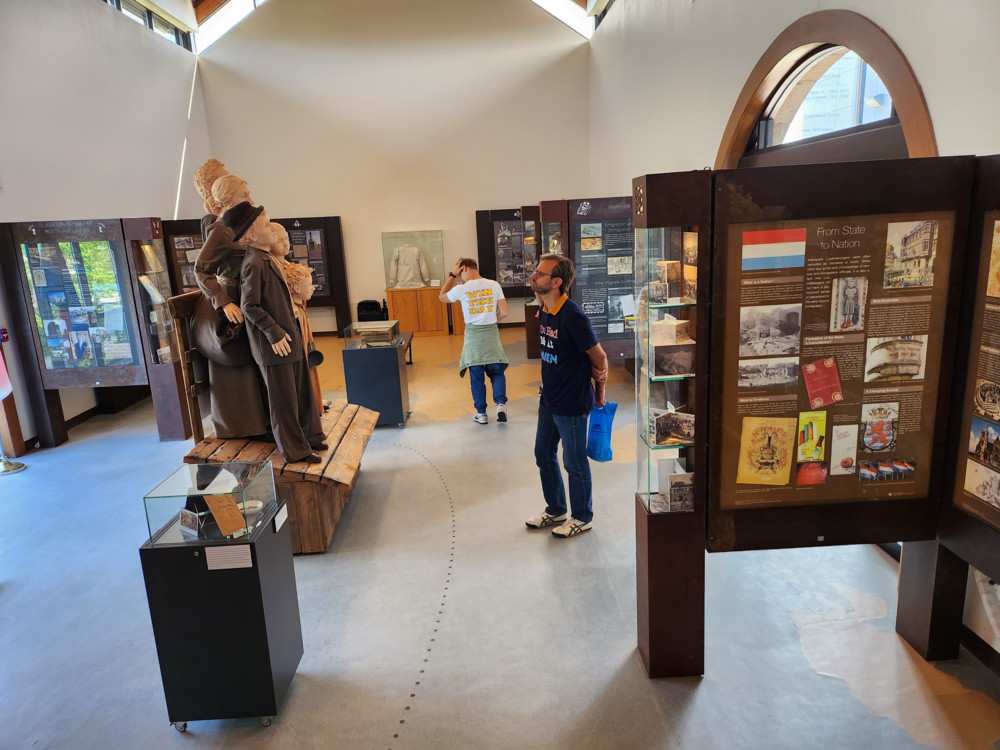
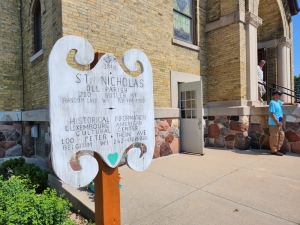
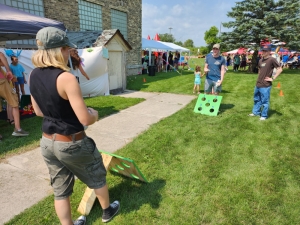
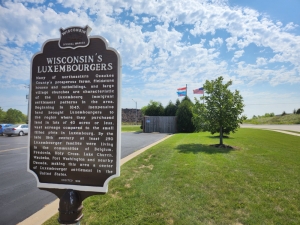
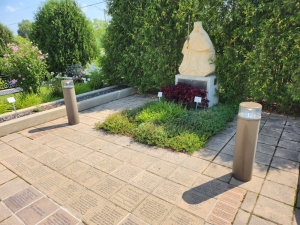
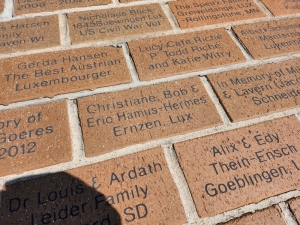
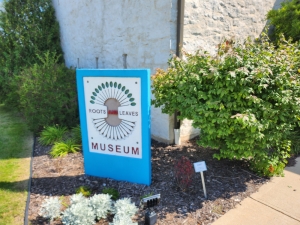
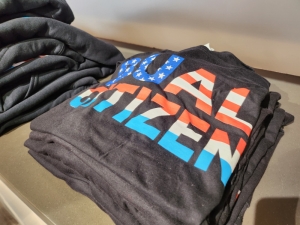
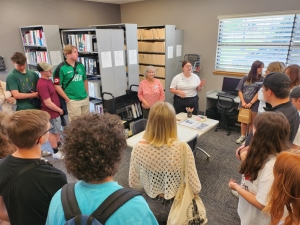
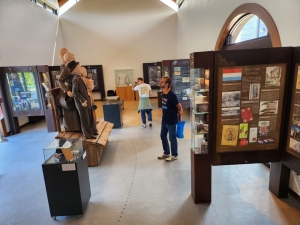


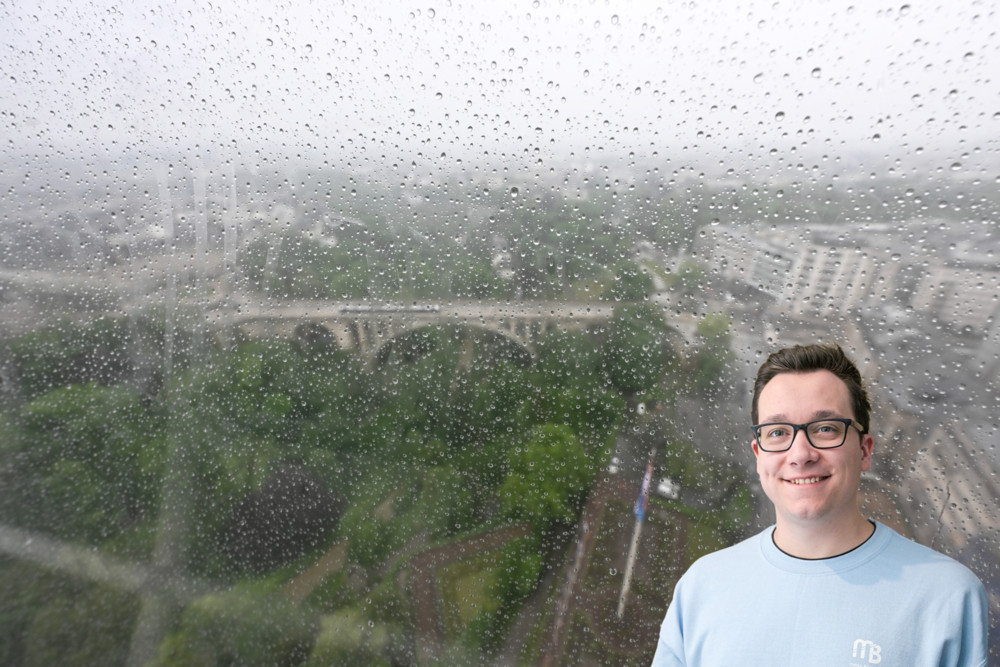
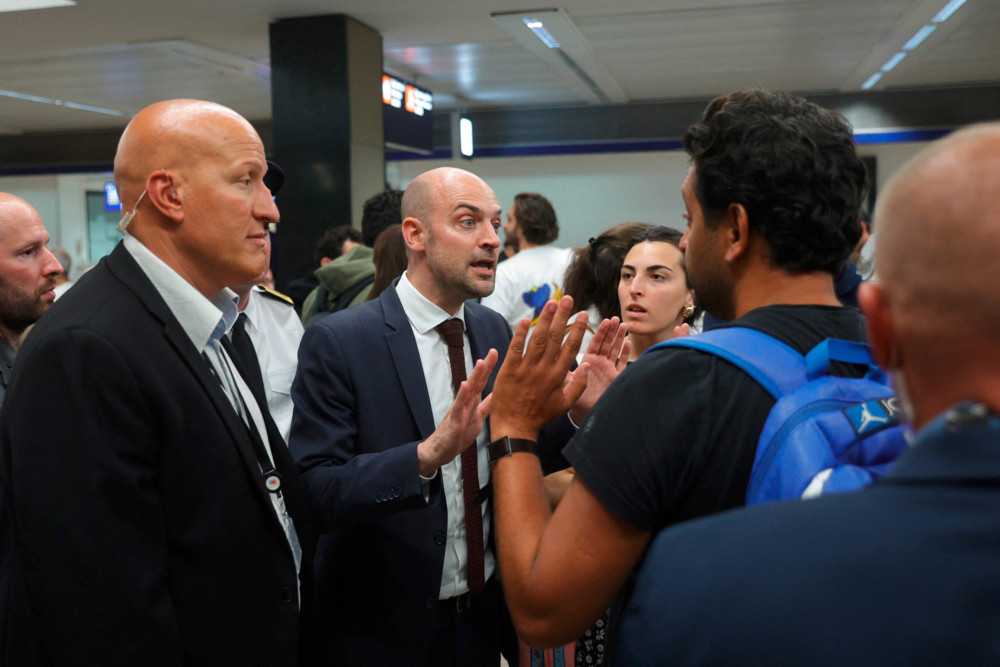

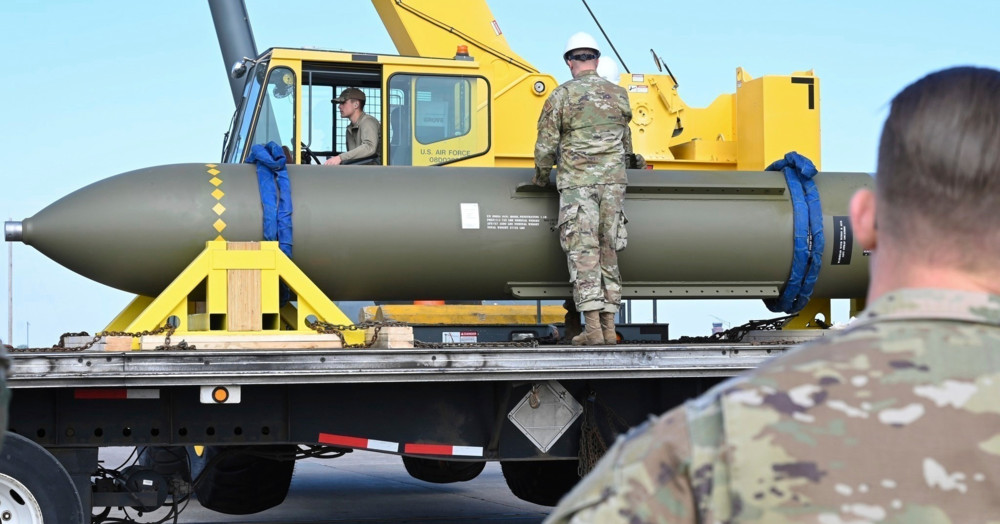
Sie müssen angemeldet sein um kommentieren zu können